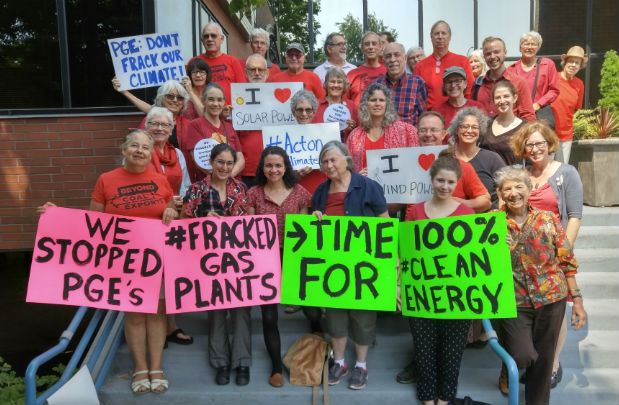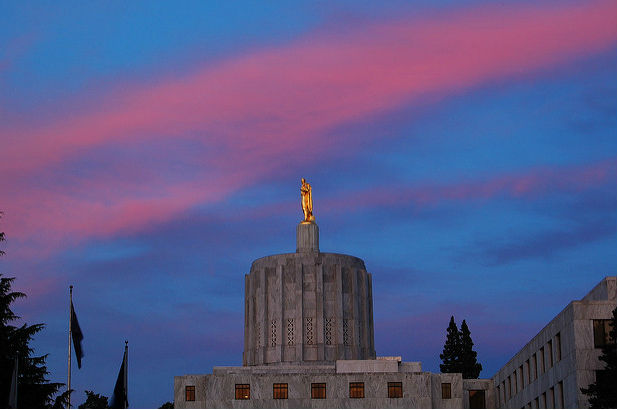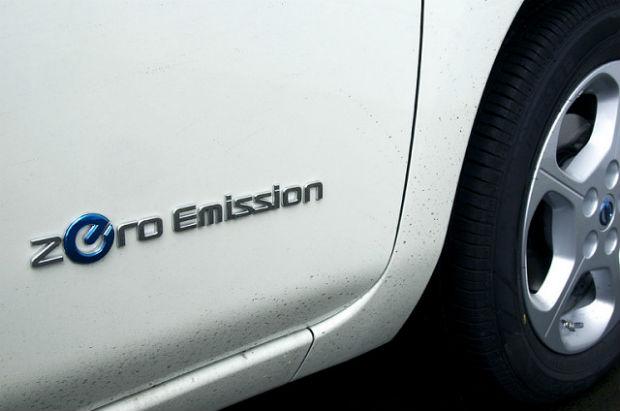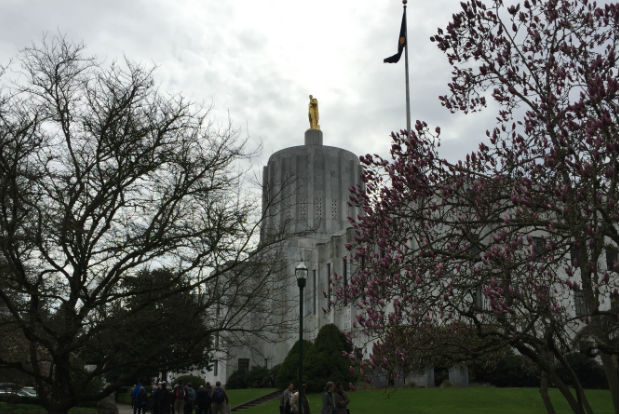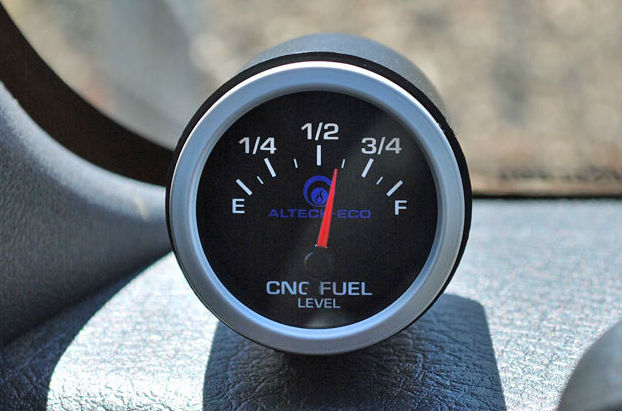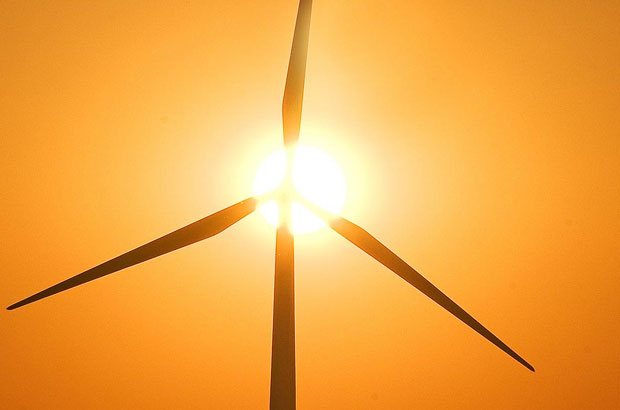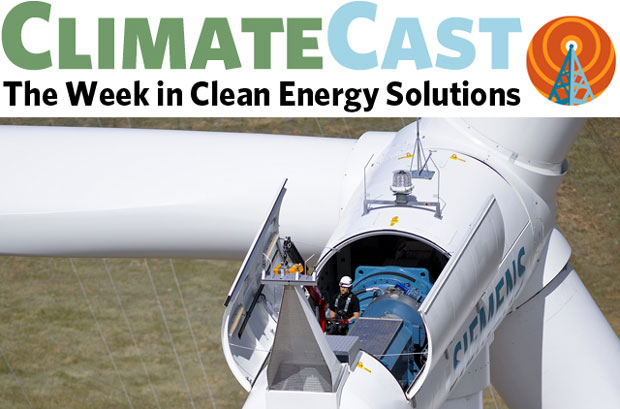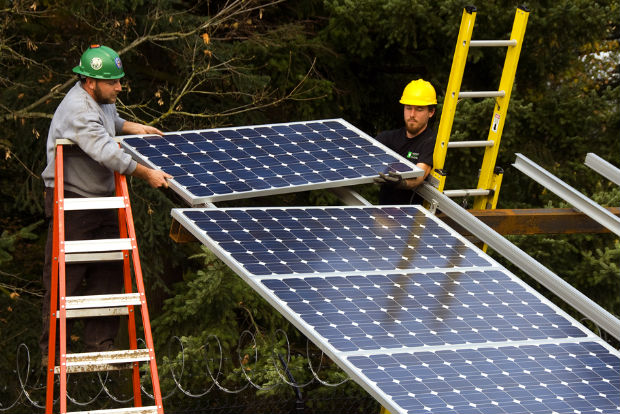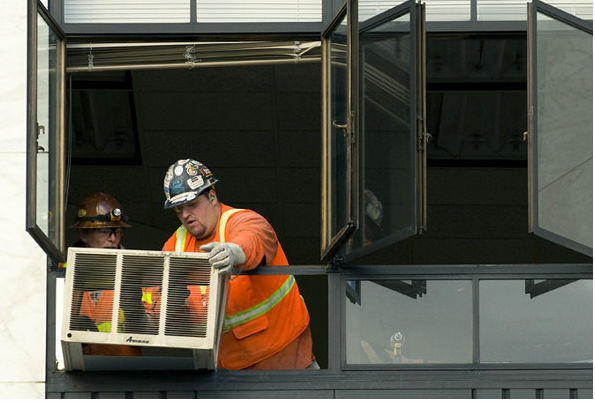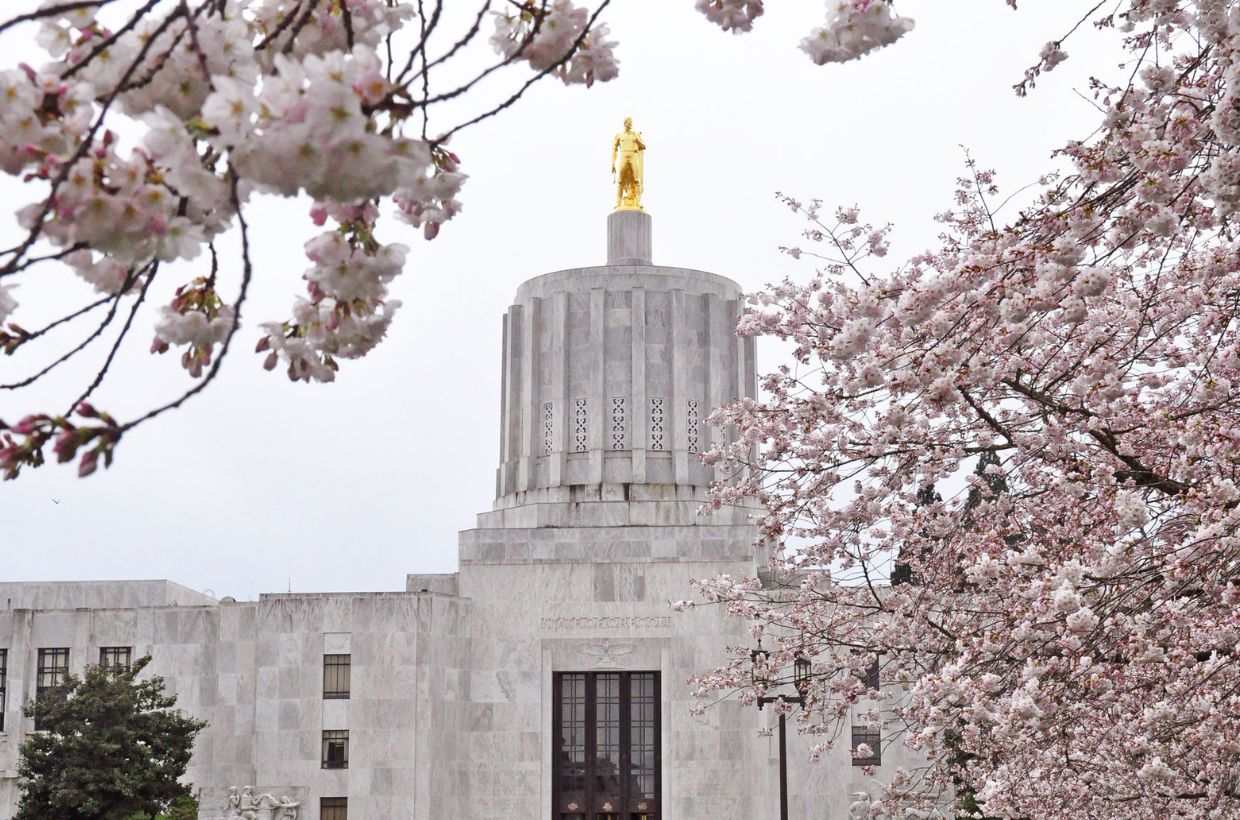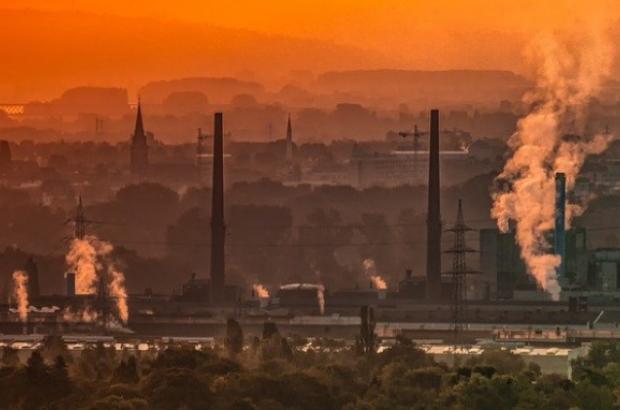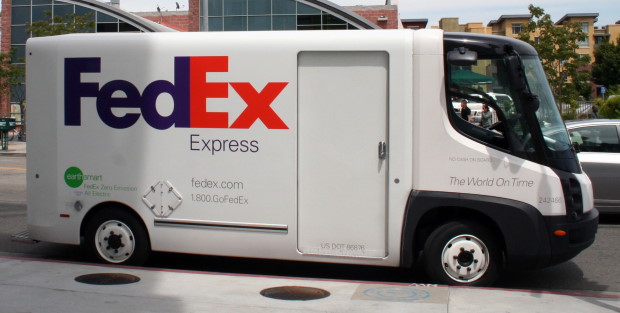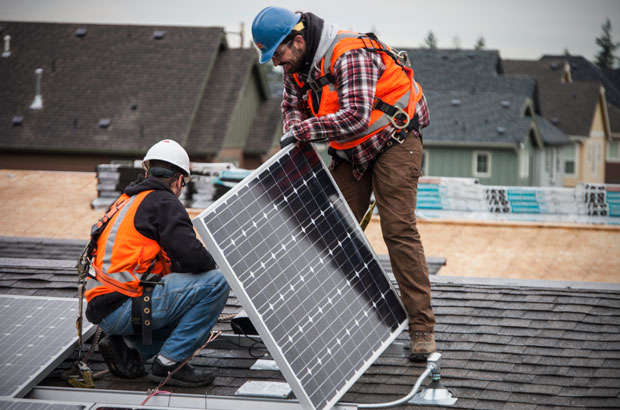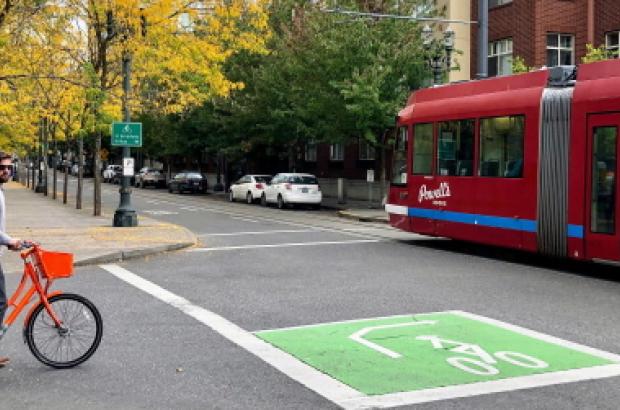Oregon State Government
by David Van't Hof on
In another step toward a 100% clean energy future in the Northwest, the Oregon Public Utility Commission rejected Portland General…
by David Van't Hof on
Oregon’s 2017 legislative session goes down as a mixed bag for climate and clean energy. We stopped a major rollback and secured funding for…
by Devon Downeysmith on
G20 leaders recommit to the road through Paris--with the US government on the sidelines for now. More bad news for oil, more promising economic…
by Meredith Connolly on
We’re breathing a sigh of relief. We succeeded in protecting Oregon's Clean Fuels Program from attacks by the fossil fuel industry, while also…
by Devon Downeysmith on
The fast expansion of solar and wind energy is strengthening power grids; resistance continues to climate intransigence; sour outlook for fossil fuel…
by David Van't Hof on
As Oregon’s 2017 legislative session enters its final weeks, we’re fighting hard to take the steps forward we urgently need.
by Seth Zuckerman on
Coal kills more people annually than it employs, Nevada restores solar net-metering, Los Angeles tests subsidized electric-car-sharing in low-…
by David Van't Hof on
Oregon is at risk of moving backwards on climate change. The Oregon Senate is working behind closed doors on a plan to weaken the Clean…
by Gregg Small on
Following Portland and Multnomah County, our region can and will lead the way towards 100% clean energy.
by David Van't Hof on
The same day President Trump announced his disastrous decision to pull out of the Paris Climate Agreement, Portland and Multnomah County became the…
by David Van't Hof on
Fossil fuel companies are stepping up their attacks on one of Oregon’s most successful strategies to reduce climate pollution: the Clean Fuels…
by Seth Zuckerman on
Portland and Multnomah County aim for 100% renewable energy, Tesla announces electric semi and pick-up trucks, Maryland to offer tax credits for…
by Meredith Connolly on
Everything you wanted to know about cap and invest but were afraid to ask.
by Mara Gross on
Last week, Drive Oregon kicked off an EV pilot project that makes three electric cars available to Hacienda CDC and community members in…
by Meredith Connolly on
The track records of nine Northeastern states and California, which have already put a price on carbon pollution, show us what a tremendous…
Give for a brighter future
Connect
Join our email list to learn about what we do and how to get involved.
2025 OR Policy Notes
Stay tuned for further updates!
